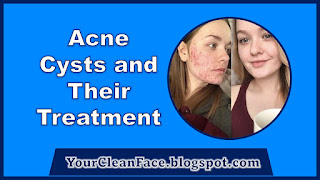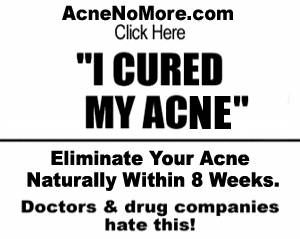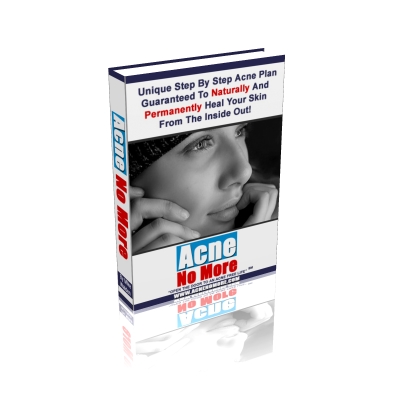Acne Cysts: Understanding and Effective Treatment
Acne is a common skin condition that can range from mild to severe. When it comes to severe acne, deep cysts, inflammation, extensive skin damage, and scarring become the defining features. To effectively address this condition, a comprehensive and aggressive treatment regimen is necessary, and seeking the expertise of a dermatologist is highly recommended. While severe acne may require years of treatment and may encounter occasional setbacks, it is crucial to acknowledge that almost every case of acne can be successfully treated. In this article, we will explore five popular treatments for acne cysts, highlighting their benefits and outlining other alternative options for those seeking a more natural approach.
Treatment Options for Acne Cysts
1. Drainage and Surgical Excision
Drainage and surgical excision, also known as acne surgery, is a procedure that should be performed exclusively by dermatologists. It is typically reserved for large cysts that do not respond to medication and require specialized intervention. Attempting to drain or extract acne cysts without professional assistance can lead to infection, aggravated acne, and permanent scarring. Dermatologists, equipped with the necessary skills and sterile conditions, carry out this procedure effectively, minimizing the risks and optimizing the outcome.
Visit: Acne - Not Just a Problem for Teenagers
2. Inner Lesion Corticosteroid Injection
When an acne cyst becomes severely inflamed, it has a higher likelihood of rupturing and causing scarring. To mitigate these risks, dermatologists often opt for inner lesion corticosteroid injections. By injecting a diluted corticosteroid directly into the cyst, inflammation is reduced, and the healing process is stimulated. Over the course of a few days, this treatment gradually dissolves the cyst, preventing further complications and promoting skin recovery.
3. Isotretinoin: A Powerful Solution
Isotretinoin stands as the most effective treatment currently available for severe and medication-resistant cystic acne. This synthetic form of vitamin A is administered orally, usually once or twice a day, for a total duration of sixteen to twenty weeks. While undergoing isotretinoin therapy, patients need to be aware of potential side effects, which may include chest or abdominal pain, difficulty swallowing, severe headaches, blurred vision, joint and bone pain, nausea, vomiting, diarrhea, rectal bleeding, depression, dryness of the skin, eyes, and nose, as well as thinning hair. It is crucial for patients to be closely monitored by their healthcare provider through regular follow-up appointments to ensure their well-being throughout the treatment.
4. Oral Antibiotics: Long-standing Therapy
Oral antibiotics have long been a cornerstone of severe acne treatment. Like topical antibiotics, they work by reducing the population of "P. acnes" bacteria on the skin, which helps decrease inflammation. Typically, oral antibiotics are prescribed at a high dosage initially and then gradually tapered as the acne improves. However, prolonged use can lead to bacterial resistance, requiring alternative antibiotics or exploring other treatment options to achieve desired results.
5. Oral Contraceptives: Effective for Women
Oral contraceptives have shown efficacy in clearing acne in women by suppressing overactive sebaceous glands. They can be used as a long-term therapy for acne management. However, it is crucial to consult with a gynecologist before prescribing oral contraceptives, especially for women who smoke, have a blood clotting disorder, are older than thirty-five, or have a history of migraine headaches. In some cases, combining oral contraceptives with Spironolactone, a synthetic steroid that inhibits androgen production, can be a suitable approach for treating acne in adult females. It is important to note that Spironolactone treatment may be accompanied by side effects such as irregular menstruation, breast tenderness, headaches, and fatigue.
Exploring Natural Treatment Options
While medical treatments provide effective solutions for severe acne, some individuals may prefer natural approaches. Several natural methods have shown promise in combating cystic acne. These include adopting a whole foods diet consisting of unprocessed and chemical-free foods, practicing yoga or deep relaxation techniques to reduce stress levels, and incorporating essential oils into the diet. However, it is essential to emphasize the significance of consulting professionals, whether it be a dermatologist or an herbalist, before embarking on any alternative treatment. Your doctor will be able to guide you accordingly and refer you to a board-certified dermatologist if necessary.
Conclusion: Achieving Acne Freedom
In conclusion, severe acne cysts can be effectively managed and treated with a multidimensional approach. By seeking professional guidance, exploring various treatment options, and adopting a comprehensive skincare routine, individuals can regain their confidence and achieve the clear, healthy skin they deserve. Remember, everyone's journey with acne is unique, so it is crucial to consult with a healthcare professional to determine the most suitable treatment plan for your specific needs.
Discover the Acne Freedom System
Mike Walden, a certified nutritionist, health consultant, and former acne sufferer, has developed a step-by-step success system called the Acne Freedom System. This system is filled with valuable information on how to naturally and permanently eliminate acne from the root cause and achieve lasting clear skin. To learn more about this revolutionary system, click the link below: Click Here --> [AcneNoMore.com]



















0 Comments